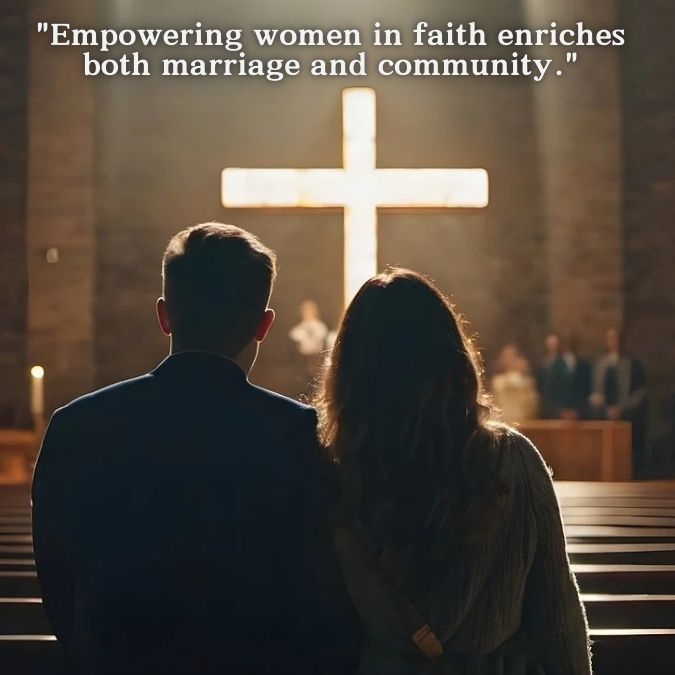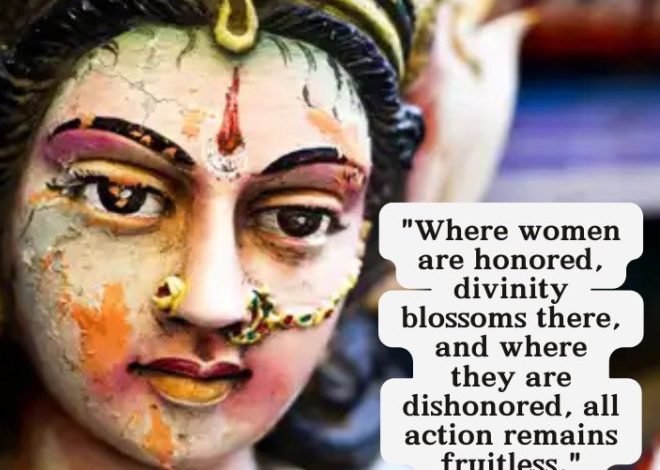
“Exploring Women’s Rights Before and After Marriage”
Christianity, as one of the world’s major religions, has a complex relationship with women’s rights. This relationship has evolved significantly over the centuries, influenced by cultural, historical, and theological factors. Understanding women’s rights within Christianity, particularly before and after marriage, requires examining biblical teachings, historical practices, and contemporary interpretations.
Biblical Foundations
- Creation and Equality: The Bible begins with the creation narrative, where both man and woman are created in the image of God (Genesis 1:27). This foundational idea suggests an inherent equality between genders. However, interpretations have varied over time, often influenced by societal norms.
- Roles in Marriage: Passages like Ephesians 5:22-33 have often been cited to establish traditional roles in marriage, with verses encouraging wives to submit to their husbands. Critics argue that this has perpetuated patriarchal structures. Yet, advocates emphasize that the broader context of love and mutual respect in these verses is equally important.
- Women in the Early Church: In the early Christian communities, women played significant roles. Figures like Phoebe, Priscilla, and Lydia were leaders and ministers, demonstrating that women had active roles in spreading the faith. This challenges the notion that early Christianity was uniformly oppressive toward women.
Historical Context
- Medieval Period: During the Middle Ages, societal norms often placed women in subordinate roles, with marriage seen as a way to secure alliances and property. Church teachings sometimes reinforced these roles, emphasizing obedience and domesticity. However, women also found ways to wield influence, particularly in monastic communities.
- Reformation and Beyond: The Protestant Reformation in the 16th century brought changes in marriage and family life. Reformers like Martin Luther advocated for the dignity of marriage, promoting the idea that marriage was a partnership. This shift began to change perceptions of women’s roles, although traditional views persisted in many circles.
Women’s Rights Before Marriage
- Education and Empowerment: In the modern era, many Christian denominations have begun advocating for women’s education and empowerment. Prior to marriage, women are encouraged to pursue education, careers, and personal development, aligning with the belief that they are created with unique gifts and purposes.
- Choosing Partners: In contemporary Christian communities, there is a growing emphasis on the importance of mutual respect and shared values in choosing a life partner. Many churches advocate for premarital counseling, where couples can discuss their beliefs, expectations, and life goals.
- Autonomy and Decision-Making: Before marriage, women are increasingly recognized for their autonomy and decision-making power. This reflects a broader cultural shift toward gender equality, where women can make choices regarding their careers, education, and personal lives without being constrained by traditional expectations.
Women’s Rights After Marriage
- Partnership in Marriage: Many modern Christian teachings emphasize the partnership aspect of marriage, highlighting the importance of mutual support and shared responsibilities. Couples are encouraged to communicate openly and make joint decisions regarding finances, parenting, and household responsibilities.
- Reproductive Rights: The issue of reproductive rights remains contentious within Christianity. While some denominations maintain traditional views opposing contraception and abortion, others advocate for women’s autonomy over their bodies, emphasizing the importance of informed decision-making in family planning.
- Support Systems: After marriage, women are encouraged to seek support through church communities. Many churches offer programs for women, including Bible studies, mentorship, and support groups, fostering an environment where women can share their experiences and challenges.
- Leadership Roles: In many contemporary Christian denominations, women are increasingly taking on leadership roles within the church. This includes pastoral positions, teaching roles, and leadership in various ministries. This shift represents a significant change from historical norms, where women’s roles were often limited.
Challenges and Ongoing Issues
- Cultural Variations: The understanding and practice of women’s rights vary significantly across different Christian denominations and cultures. Some communities maintain strict interpretations of scripture that can limit women’s roles, while others embrace a more egalitarian approach.
- Domestic Violence and Abuse: Addressing issues of domestic violence and abuse within Christian contexts is critical. Many churches are working to create safe environments for women and promote teachings that uphold dignity and respect in marriage.
- Intersectionality: The experiences of women in Christianity are not monolithic. Factors such as race, class, and socioeconomic status intersect with gender, influencing how women experience their rights and roles within the church and society.
Conclusion
The landscape of women’s rights in Christianity is continually evolving. From biblical teachings that suggest equality to modern interpretations advocating for autonomy and partnership, the journey reflects broader societal changes. While challenges remain, many Christian communities are actively working to promote gender equality and empower women both before and after marriage. By embracing the inherent dignity and worth of every individual, Christianity can continue to foster environments that support women’s rights, encourage their voices, and honor their contributions in all areas of life. The journey toward equality is ongoing, and it is essential for Christian communities to engage in these discussions and advocate for meaningful change.















